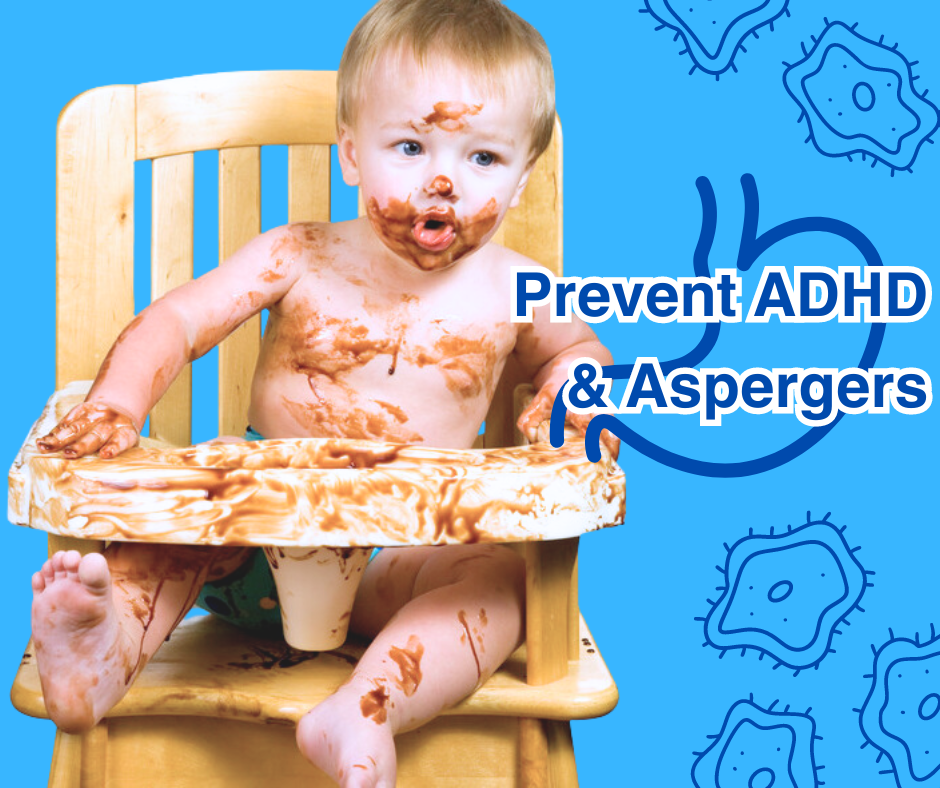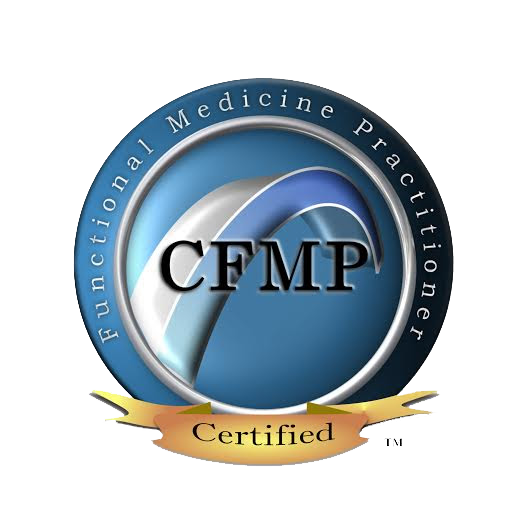
Understanding the early factors that influence long-term health is crucial for ensuring a healthier future for our children. There are proactive measures that can be taken early on to prevent conditions like ADHD and Asperger Syndrome. But what do these findings mean for us as adults? Are there actions we can take to improve our health now and potentially mitigate similar issues? By focusing on maintaining a healthy gut through diet, probiotics, and mindful antibiotic use, adults too can benefit from enhanced mental and physical well-being. Additionally, regular health assessments, such as stool analyses, can help identify and address gut imbalances before they lead to more serious health problems.
A Study: Probiotics Could Prevent ADHD and Asperger Syndrome
A study was done with 75 babies to see what effect 6 months of supplementing the probiotic Lactobacillus rhamnosus had on their health. Lactobacilli are one of the primary biotics that babies need. Half of the babies were give this probiotic and the other half were given a placebo (I think it’s kinda funny that they gave babies a placebo). The researchers then followed up with the children at the ages of 3 weeks, 3 months, 6 months, 12 months, 18 months, 24 months, and 13 years, measuring the probiotics in their stool.
17% of the kids who did not have the probiotic during their first 6 months of life were diagnosed with ADHD or Asperger Syndrome compared to none of the kids who were given the probiotic. Also they found that the kids who got the probiotic had higher concentrations of the healthy bacteria even when they were 13.
6 Ways to Prevent ADHD and Asperger Syndrome
While the study does not address many other factors that might influence these diagnoses, several important takeaways can be learned:
- A healthy intestinal tract is extremely important. Seriously, literally almost all health problems are connected to something that has gone wrong in the GI tract. Depression, Sinus problems, Fatigue, Brain fog, Autoimmune conditions, Skin problems and Joint pain are just some of the health problems that can result from a sick GI tract.
- Antibiotics should not be taken lightly. There was nothing in the study about the antibiotic intake by the children. However it would seem safe to say that anything which would decrease healthy gut microbes could increase the chances of ADHD and Asperger Syndrome. If a child must take an antibiotic, I recommend that probiotics be given to help restore the microbiome.
- Vaginal delivery and breastfeeding are best. A baby gets all of its probiotics from contact with mommy as baby passes through the birth canal, has skin to skin contact with her and feeds at the breast. We know that babies who are delivered vaginally and those who are breastfed have much healthier gut microbes compared to babies with are delivered C-Section and/or are bottle fed. Even breast milk given via bottle is not as good as milk straight from the mother. The baby gets probiotics from contact with the mom’s breast. So if a baby was delivered c-section or cannot be breastfed, I recommend supplementing Lactobacillus.
- What a baby is fed makes a huge difference for years. Even at age 13, the children who received the probiotics had a healthier probiotic supply.
- If you have a child with ADHD or Asperger Syndrome, look to the gut for help!
- Finally, an important lesson here is that most of our health problems start quietly years before we know there is anything wrong. If you’re waiting until you’re sick to work on being healthy, expect to be sick. My recommendation is to take intentional action to find out exactly how you’re doing when you’re feeling great. For example, a stool analysis is a great test to show whether the gut is healthy. If the analysis shows that something isn’t right, it can be fixed long before a health problem shows up.
Gut Testing: Finding the Problem
Functional Medicine emphasizes a holistic approach to health, seeking to identify and address the root causes of diseases rather than just treating symptoms. One effective tool I use is a comprehensive stool test, which can uncover issues in the gut that may be affecting overall health. Gut-related problems can manifest in a wide range of symptoms, including digestive issues like bloating, constipation, and diarrhea. Beyond the digestive tract, an unhealthy gut can lead to fatigue, brain fog, depression, anxiety, skin problems, and joint pain. By using functional medicine and tests like stool analysis, we can detect imbalances and infections in the gut, allowing for targeted treatments that restore balance and improve overall health. This proactive approach can prevent minor gut issues from developing into more significant health problems.
Read more: Is Functional Medicine good for Children?
Start Today!
Our office is ready to help you no matter where you are in the world. We have been located in Phoenix, Arizona for over 30 years and have helped many patients recover from gut issues that had plagued them for years. If you want help, please fill out our new patient form below to get started today!



